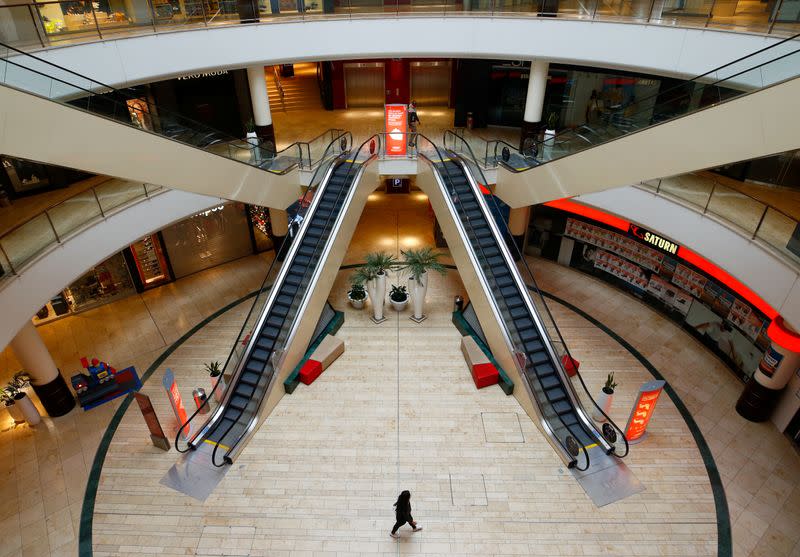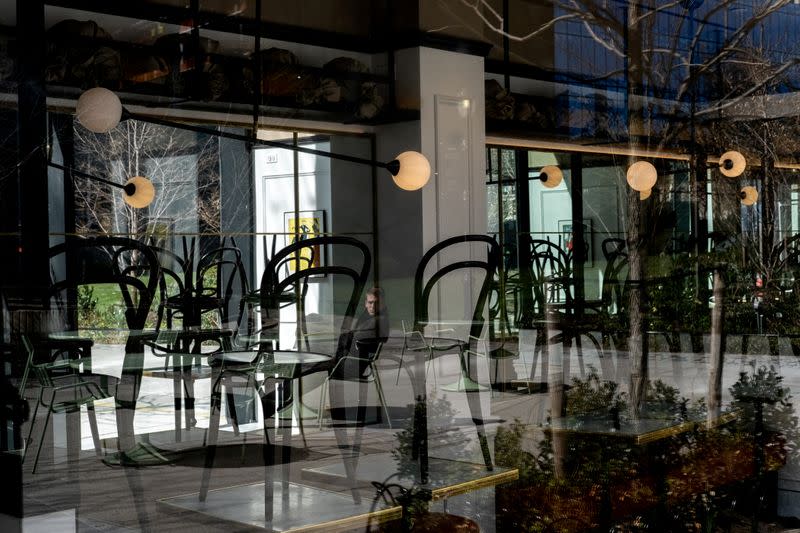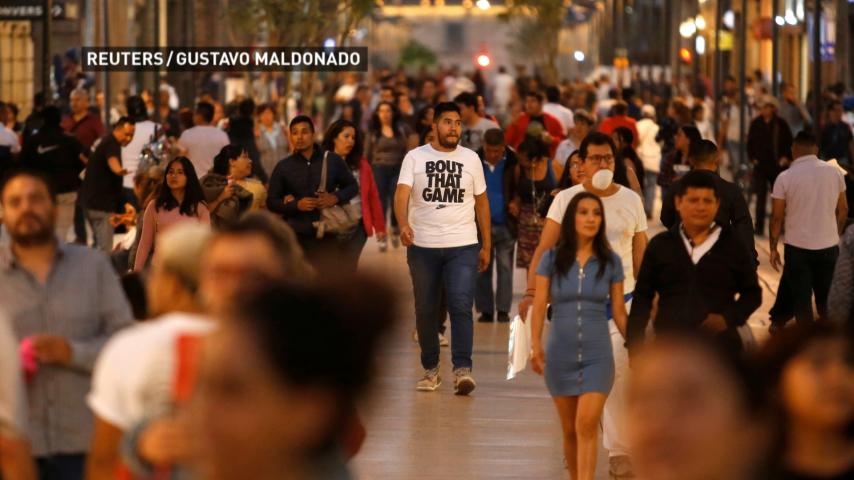Social distancing and shelter in place orders are taking their toll on jobs in industries like entertainment, retail and hospitality

Maile Mahelona, pictured, recently got laid off from her job as a booking agent at a small concert venue based in Portland, Ore. Maile Mahelona
March 26, 2020 By Elisabeth Buchwald BUSINESS INSIDER
Within hours after Maile Mahelona was laid off last week from her job as a booking-assistant show manager at a concert venue in Portland, she completed an application for unemployment benefits and food stamps.
Then she posted a video of herself on Twitter TWTR, +1.69%. “I officially got laid off from my job due to the f-ing coronavirus,” she paused to take a breath as tears rolled down her face. “I work — I worked — in the entertainment business.”
A week before, Mahelona, 26, moved into a new apartment in a suburb of Portland, Ore. For the first time, she could afford to live without roommates. Her rent went from $700 a month to $1,280 a month in her new apartment. Now she’s trapped into the lease without a steady stream of income.
‘They wanted to let me go sooner rather than later so that I could beat the rush of other people applying for new jobs.’
She is not alone. Initial unemployment claims jumped to 3.28 million last week from 211,000 three weeks ago and 282,000 two weeks ago, the Labor Department said Thursday. Businesses across the country have closed in an effort to stop the spread of the novel coronavirus, and millions of Americans have been advised to stay home and practice “social distancing.”
Mahelona wasn’t blind to the grim future for the industry in the coming months. She understands the importance of social distancing to protect people like her grandma who are both immunocompromised and elderly, from potentially contracting COVID-19, the disease caused by coronavirus, that has taken the lives of more than 1,000 Americans.
But that hardly made it any easier to get laid off from her dream job that she held for 10 months.
So how did it happen? “I went through the whole day as I normally would,” Mahelona said. “They asked me to come in and talk — and I knew.”
Her bosses pulled her into their office and shut the door, she said. “They said it didn’t have to do with my performance, it’s because business isn’t doing well. They said if things get better they’d love to have me back, but they wanted to let me go sooner rather than later so that I could beat the rush of other people applying for new jobs.”
She said she then asked her employers, “So should I clock out now?”
In moments like these, she normally would turn to her grandma, 68, a devout Catholic, for advice and support, but because her grandmother is immunocompromised she could not provide a shoulder to cry on, at least not in person. Her family has a group text where they check-in with her grandmother every day.
‘Right now, I’m looking for any job. My interests are not being considered for my next job.’
“It just outright sucks,” she said. Mahelona has held a variety of other jobs, including as a bank teller and a therapy-skills trainer in a psychological office. “I enjoyed them,” she said, “but didn’t have the passion for them at the time.”
“I have always been interested in music it’s been a personal passion of mine,” she told MarketWatch.”I’ve been influenced by my family friend, Amber Sweeney, who is a musician and my aunt is her manager so I’ve been around the industry secondhand and love it.”
To supplement the $16 an hour she made booking up-and-coming Portland artists, she also drove for Lyft LYFT, +7.12% at least 20 hours a week. “I stopped doing that completely because it can take over an hour just to find a ride,” she said.
Because so many people are working from home and avoiding bars and restaurants, the bottom fell out of that side gig. She said she took a Lyft the day before instead of driving herself or taking public transportation to support fellow Lyft drivers who can’t get rides.
With health authorities recommending people stay at least six feet apart to prevent the spread of COVID-19, also called severe acute respiratory syndrome coronavirus 2 or SARS-CoV-2, a car service also seemed like the safer option.
None of her immediate friends have lost their jobs. One friend, she said, works in a clothing store and was able to pivot to working on the company’s online business. Other friends have had their hours cut, she added.
“Right now, I’m looking for any job,” she said. Her No. 1 priority is to make money. “My interests are not being considered for my next job,” she added.
---30---












 I
I